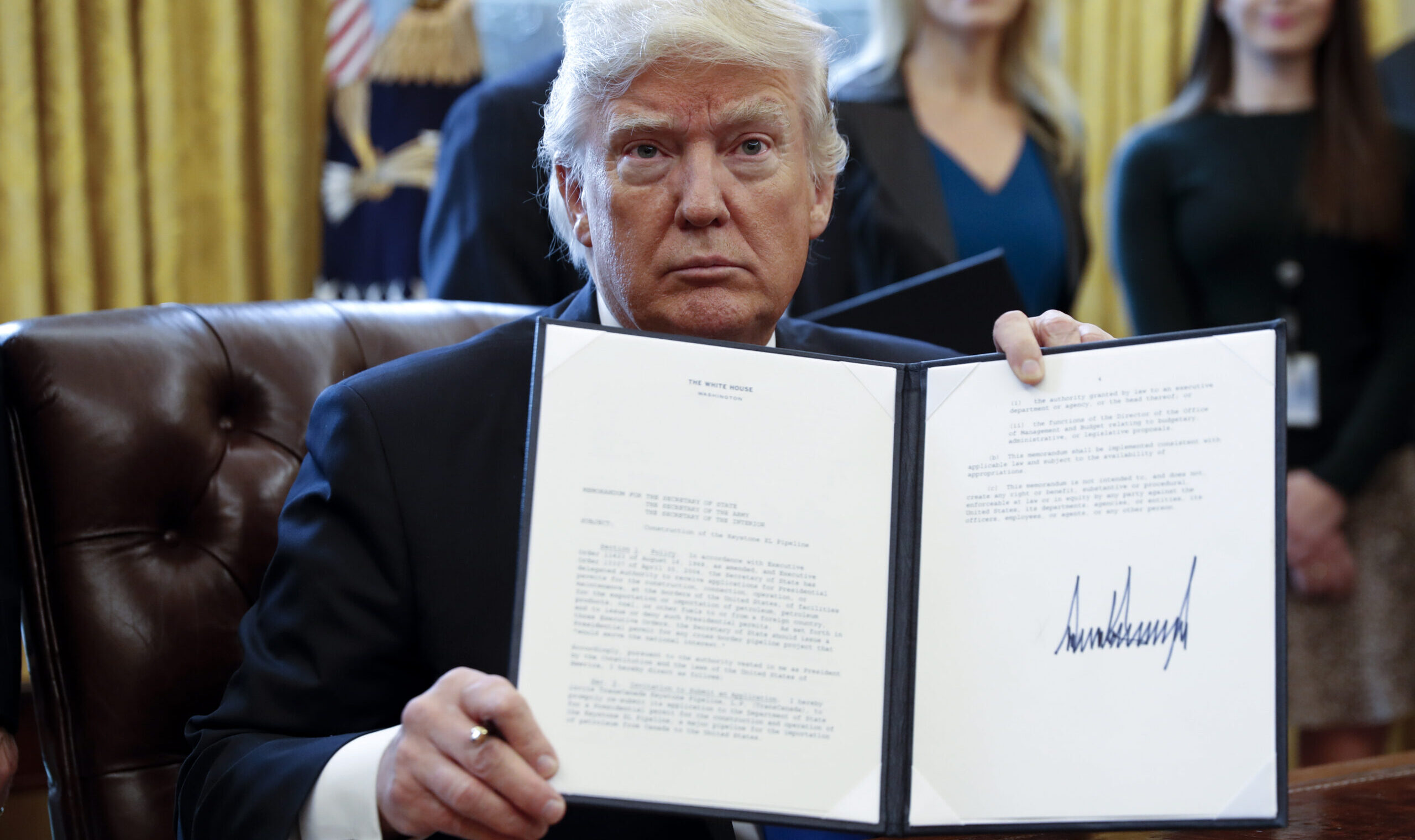DEI Seems to Be Cooked for Good
The latest wave of racial utopianism failed on its own terms.

There has been no front on which President Donald Trump has been more active or aggressive than in rolling back DEI—diversity, equity, and inclusion—initiatives throughout the federal government since returning to office. He has taken direct aim at the executive orders undergirding Washington’s racial-preferences regimes.
This has led to what some have described as “malicious compliance” as recalcitrant bureaucrats undermine Trump’s directives by pretending to obey them. The goal is to paint any opposition to DEI or critical race theory as a refusal to combat racial discrimination in any form or accurately discuss racism in American history, when it is instead a rejection of the strategy of fighting discrimination with more discrimination.
“I am tired of the white tears,” Representative Jasmine Crockett (D-Texas) said of DEI repeal, asserting, “If you are competent, you are not concerned. The only people crying are mediocre white boys.” Conservatives who speak in such crass terms about affirmative action, many of whom are unhelpfully vocal on DEI, make national headlines.
DEI, like its fellow racial bean-counting alphabet soup ingredient CRT, has meaning apart from just being a spiffy, updated name for civil rights. The former Vice President Kamala Harris explained it this way when attempting to make a distinction between “equality” and equity”: “Some people start out on third base. And if the goal is truly about equality, it has to be about a goal of saying everybody should end up in the same place. And since we didn’t start in the same place, some folks might need more equitable distribution.”
This Harris comment came not during her first presidential campaign, when she started out in a good place in the polls but did not end up in the same place as the candidates whose campaigns actually continued into 2020, but a little over a month after she became vice president. And while much of the rest of her speech was relatively uncontroversial, this is clearly something different from equality of opportunity.
What most people object to in practice are gross racial double standards, especially in fields where merit is less subjective; programs that do more to call into question people’s accomplishments than create opportunities; training sessions that harass people on the basis of race for their ancestors’ real sins or their own imagined microaggressions; paying bureaucrats to traffic in all of the above for fun, political power, and profit.
Guided in part by past work by political leaders like Governor Ron DeSantis and such outside activists as Christopher Rufo, Trump and his team have tried to dismantle the networks propagating all this under the Biden-Harris administration. Many private companies have started deprioritizing DEI.
Not the NFL, according to commissioner Roger Goodell, though he too appears to confuse DEI with merit-based hiring and the colorblind pursuit of excellence. One example of the former in professional football, however, is the well-intentioned but ill-conceived Rooney rule. At least three black head coaches in the league during the 2024 season were arguably hired in violation of the Rooney rule, which is supposed to pave the way for more minority head coaches, because they were not external candidates when they received their jobs.
During the Super Bowl, the league’s biggest game of the year, a Stand Up Against Hate commercial starring retired quarterback Tom Brady and rapper Snoop Dogg will air. It is not bad as such ads go and, while vague (it never specifically mentions antisemitism, which it is supposed to be targeting), doesn’t appear to endorse an intersectionality-based definition of racial hatred. “”I hate that things are so bad that we have to make a commercial about it,” Snoop concluded.
Are such things really worse than they have been in the recent past? If so, might that not suggest DEI is failing on its own terms, combating bigotry? The college campuses which were rocked by protests many deemed antisemitic, conspicuously unmentioned in the Super Bowl ad, are not DEI-free zones. And perhaps that is why hate is only talked about in general terms. The cure may be helping the disease metastasize.
That’s not what bureaucrats who think their mandatory struggle sessions are the only thing standing between America and some kind of hateful dystopia would tell you. Before January 20, they had pretty strong incentives to keep pushing their prescriptions.
The post DEI Seems to Be Cooked for Good appeared first on The American Conservative.
